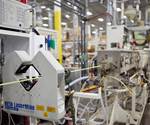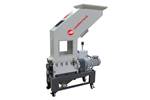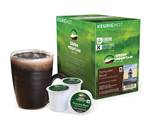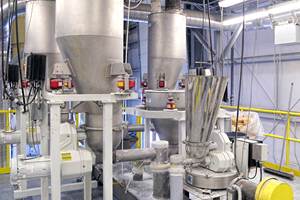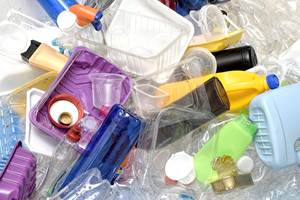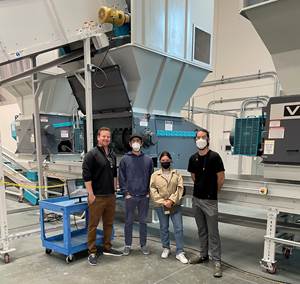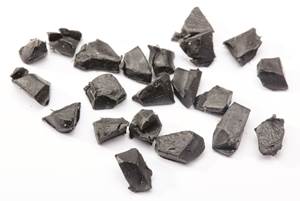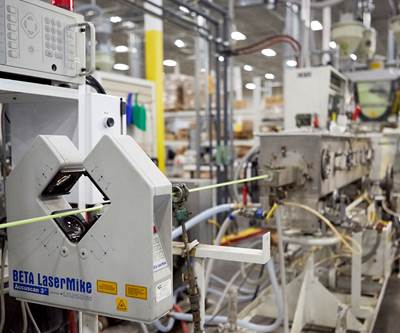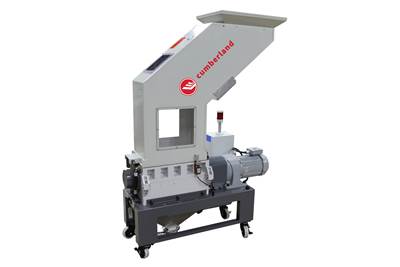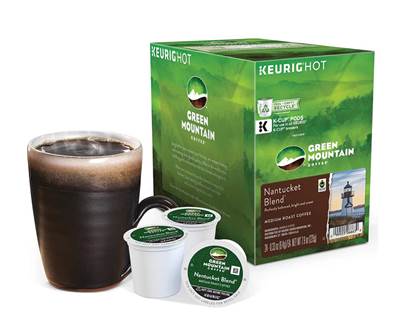Cumberland Granulators Works with Teel Plastics and KW Plastics to Help Meet Sustainability Goals
Cumberland Granulators division of ACS Group details the recent work they've done with Teel Plastics and KW Plastics to help them quantify the reduction of global warming potential at their plants.
A recent project embarked on by the Cumberland Granulators division of ACS Group has helped its customers quantify the reduction of global warming potential (GWP) as a result of their operations at their plants, and help them meet or exceed their company sustainability goals.
Cumberland has recently worked directly with Teel Plastics, an extruder and injection molder, and plastics recycler KW Plastics, to identify specific net benefits that grinding and reusing plastic scrap has had on its operations. These improvements are reportedly significant and include reductions in GWP, a key goal for both companies in their efforts to improve sustainability at their facilities.
Cumberland granulators work for all sizes and shapes of plastic parts and are an integral part of many closed-loop plastics operations. “Our machinery is used every day to help processors reclaim and reuse their scrap plastic,” said Andre Adams, senior product manager at Cumberland. “But we wanted to take this a step further. We asked ourselves ‘how can we quantify the direct effect on how grinding and recycling scrap plastics helps the environment as opposed to using additional virgin resin or filling a local landfill with scrap’?”
After research, it was determined that it would be possible to directly quantify net Greenhouse Gas (GHG) emissions reductions – specifically, how many tons of CO2 equivalent (CO2 eq.) that are avoided by reclaiming material back into the plastics manufacturing and recycling processes. Cumberland set out to work with Teel Plastics and KW Plastics to identify this.
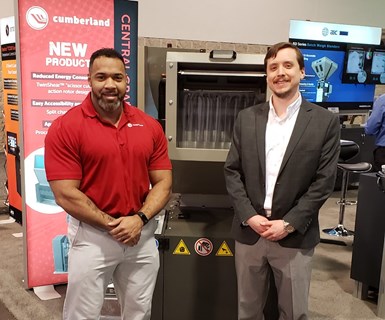
Cumberland's Andre Adams with Christian Herrild of Teel Plastics.
“We have numerous injection molding and extrusion lines here,” said Christian Herrild, director of growth strategies and in-house counsel at Teel Plastics. “We had recently converted our operation to use Cumberland FX Series Beside-the-Press Granulators as opposed to an exclusive single central granulating room. This produced some great results for us. We reduced our lost regrind material, saved on labor and realized up to $300,000 in material savings per year. When Cumberland asked us to work with them to take this a step further and try to identify GHG emissions savings, we were happy to help.”
Cumberland also approached KW Plastics to help them with their mission to promote the benefits of recycling plastics. KW Plastics began working with Cumberland over 30 years ago and uses Cumberland 62B Heavy Duty Granulators at their plant to help recycle post-consumer HDPE and PP materials. It’s a harsh environment for machinery and a challenging process.
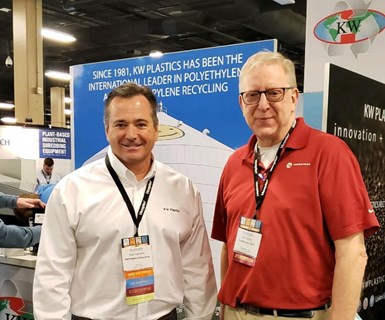
R. Scott Saunders of KW Plastics with Cumberland's John Farney.
“Post-consumer plastics have a lot of dirt and contaminants in the material,” said Scott Saunders, general manager of KW Plastics. “With Cumberland’s help we pioneered wet granulation, which enhanced the process to help us successfully recycle high volumes of materials.”
Adams constructed a model of the manufacturing and recycling processes for Teel Plastics and KW Plastics. Using sources including the Environmental Protection Agency (EPA) and Franklin Associates, key data showed that on average:
- Teel Plastics has mitigated CO2 eq. potential by up to 11,000 tons per year on average for that particular production line by using regrind and reusing materials back into their process (vs. using the equivalent amount of virgin material). This is the equivalent of eliminating the emissions from over 2,195 passenger vehicles per year;
- KW Plastics has mitigated CO2 eq. potential by up to 75,000 tons per year on average for one line by recycling materials (vs. manufacturing new virgin materials). This is the equivalent of eliminating the emissions from 15,000 passenger vehicles per year.
“We encourage plastics industry processors and recyclers to take a look at this data, and to contact us if they would like some help in analyzing their current operations,” Adams said.
“Through the use of Cumberland size reduction equipment, we can help plastics manufacturers and recyclers identify ways to increase internal recycling, help companies mitigate their Global Warming Impact and meet their sustainability goals. All while helping them save money and improve their operations.”
Related Content
Reworking Off-Spec Material? Add Some Science to the Mix
Reworking off-specification material and low-demand material is good for the compounder and good for the environment. Here’s how to make sure it’s good for the customer too.
Read MoreCompatibilizers Aid Recycling & Upcycling of Mixed Resins
Compatibilizers are proving their worth in boosting critical properties such as impact/stiffness balance of PCR and PIR blends of polyolefins and other plastics.
Read MoreVecoplan Opens New Location in Southern California
The company’s new office will allow the company to more effectively service customers in the country’s western region.
Read MoreAvoid Four Common Traps In Granulation
Today, more than ever, granulation is an important step in the total production process. Our expert explains a few of the many common traps to avoid when thinking about granulators
Read MoreRead Next
Materials Knowledge Pays Off at Teel Plastics
Well-equipped and well-staffed testing lab elevates competence of custom processor.
Read MoreSize Reduction: Less Noise and Less Energy For Screenless Granulator
Redesigned low-speed screenless granulators feature improvements designed from the inside out, including staggered cutters for more consistent regrind using less energy.
Read MorePP Recycling Provides New Life for Keurig K-Cups
Premium coffee maker to shift from multi-layer pods to single-layer polypropylene later this year as demand for recycled PP soars.
Read More
